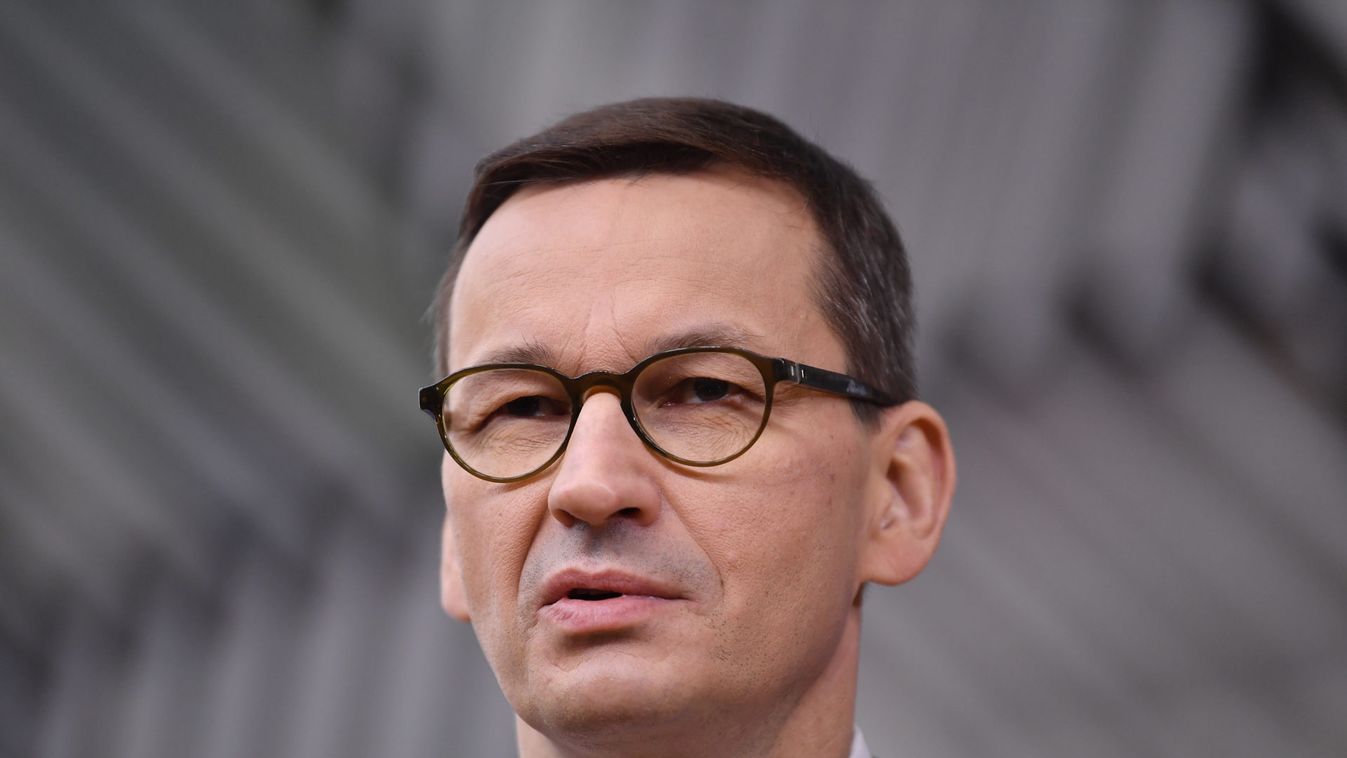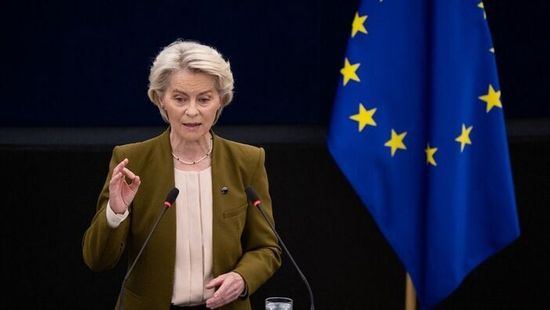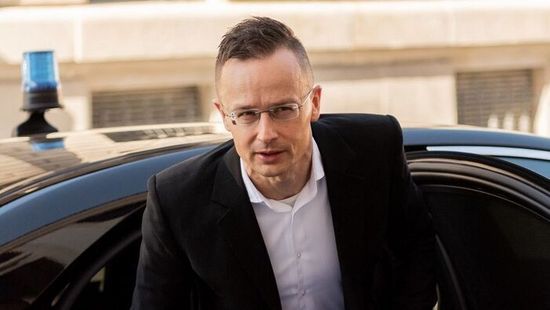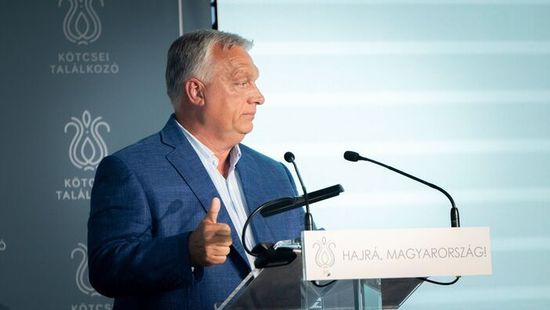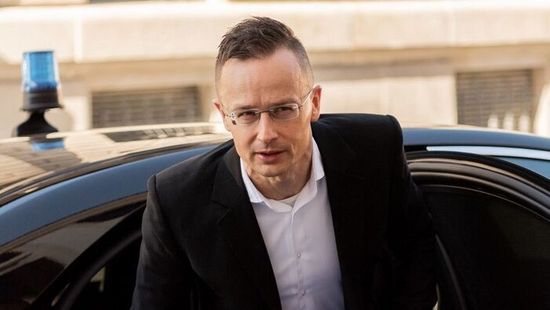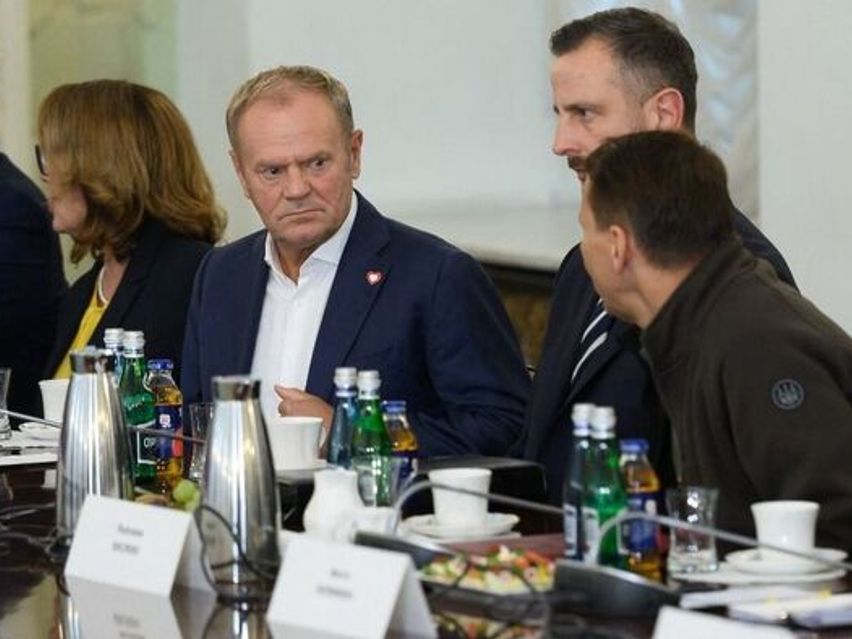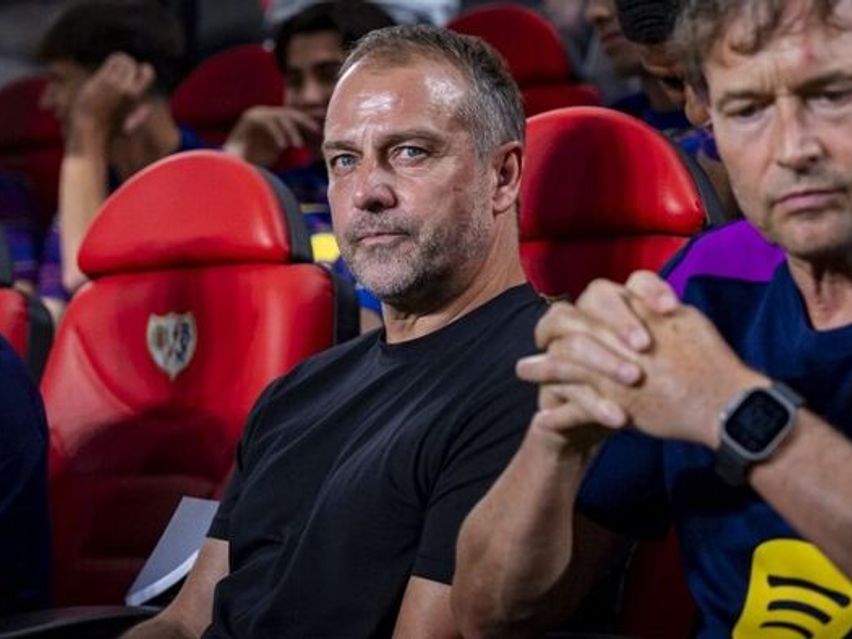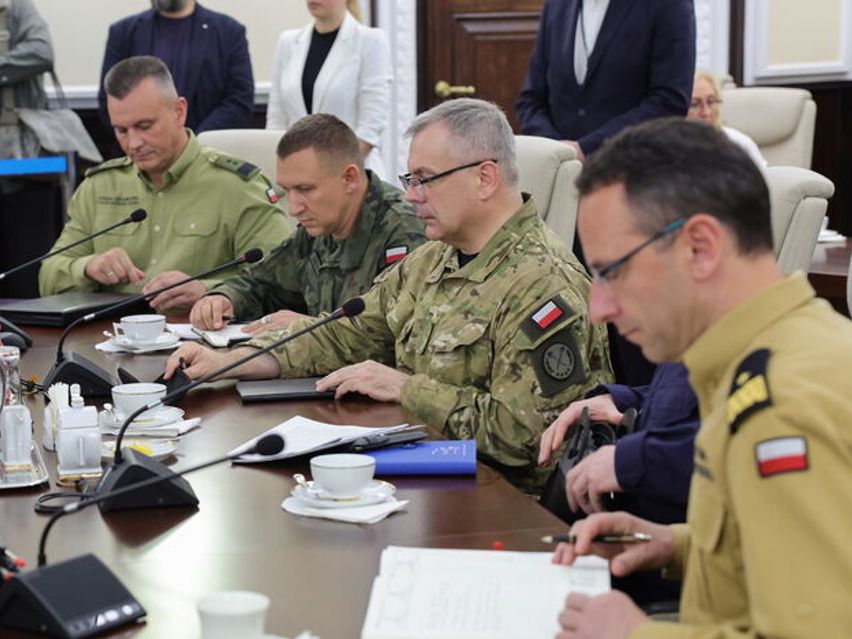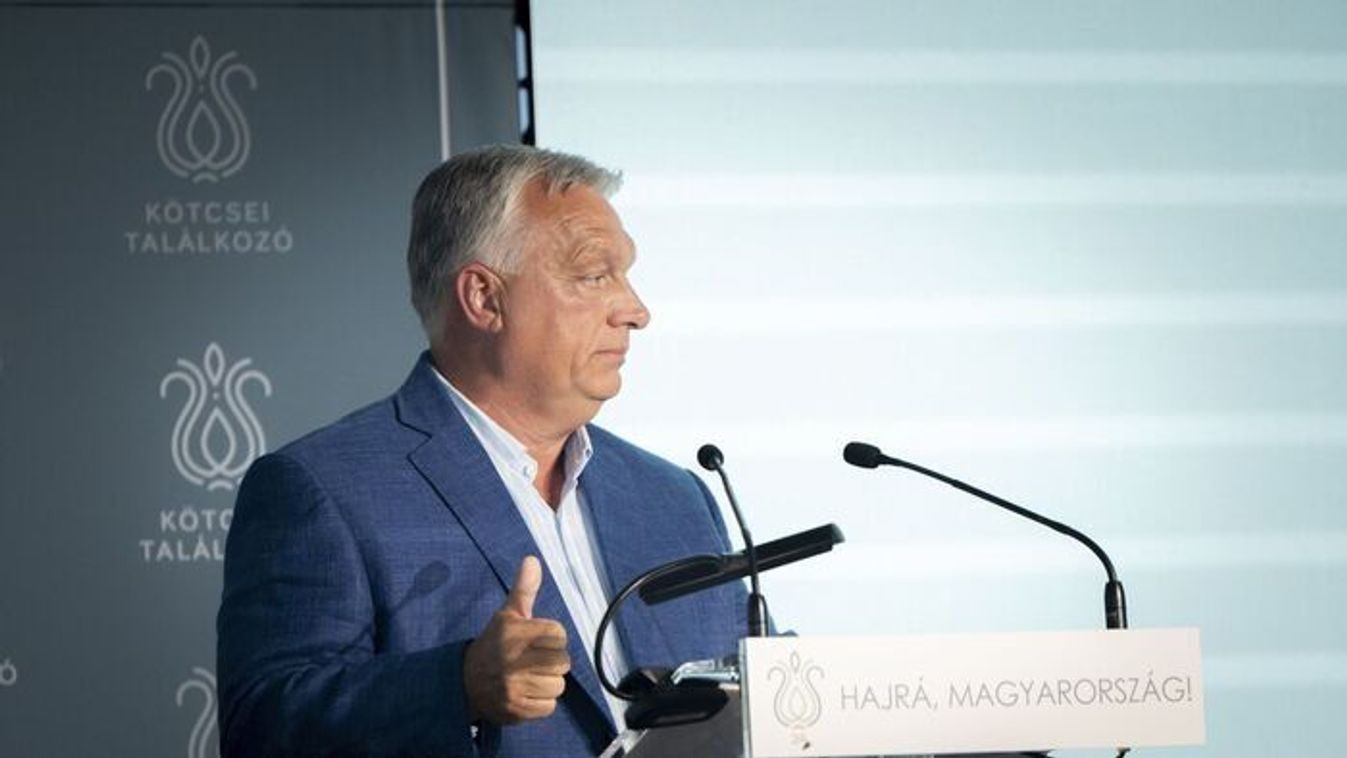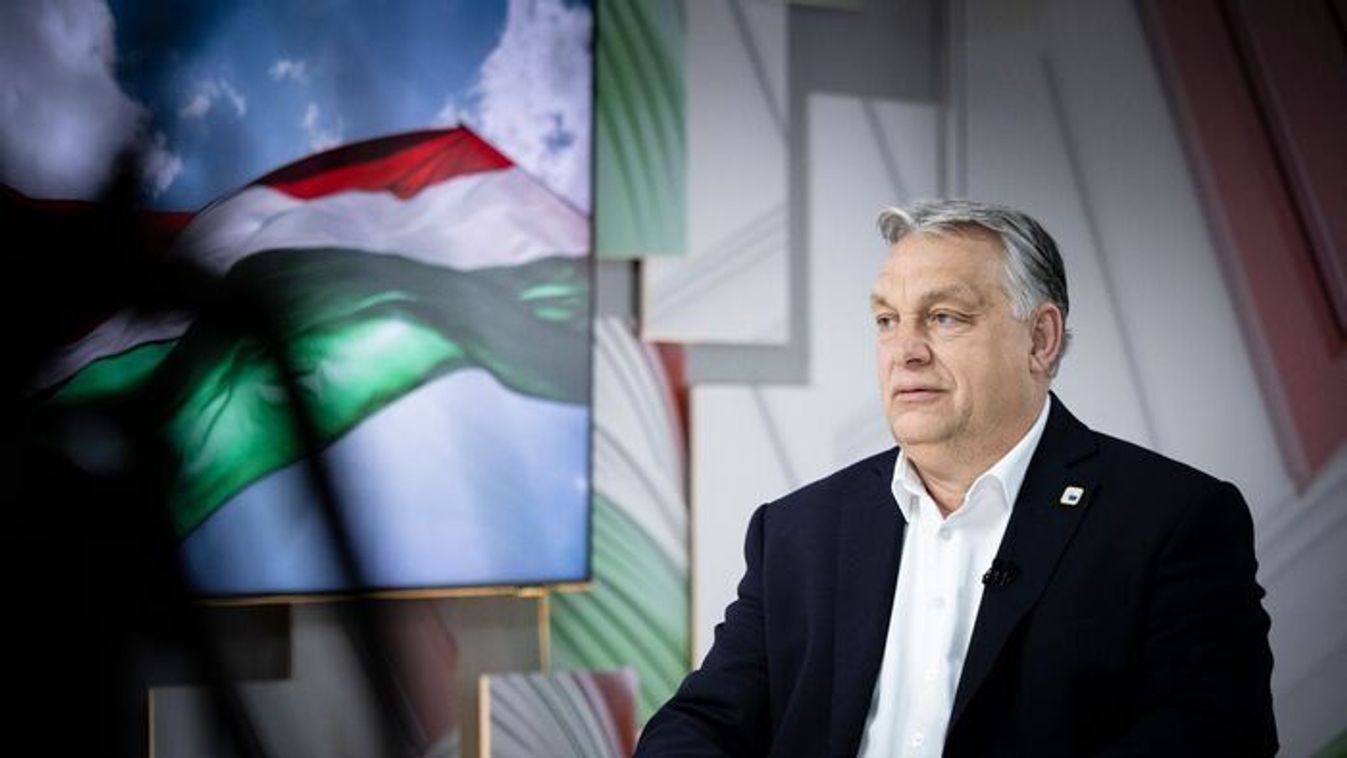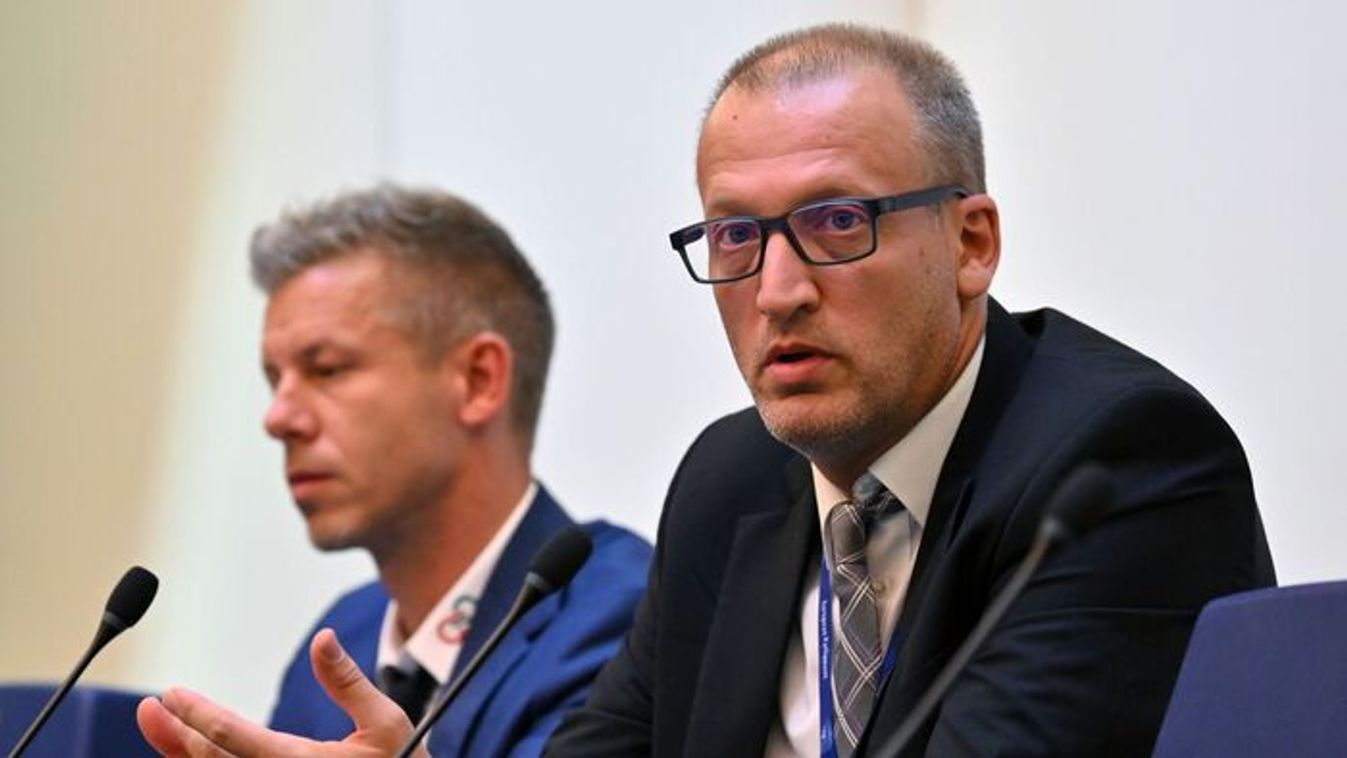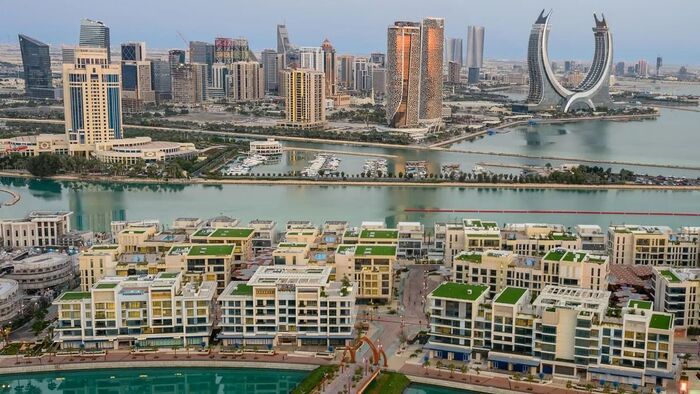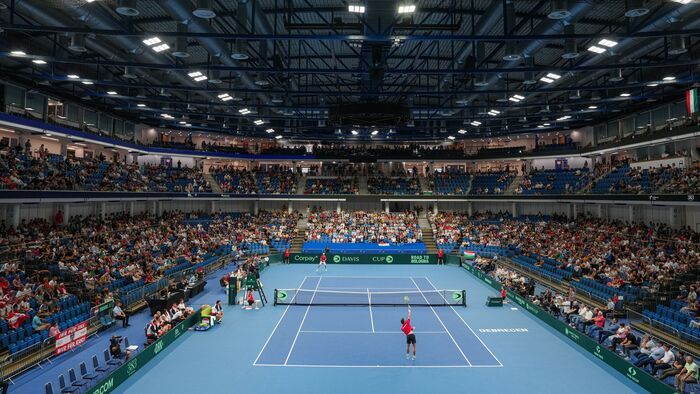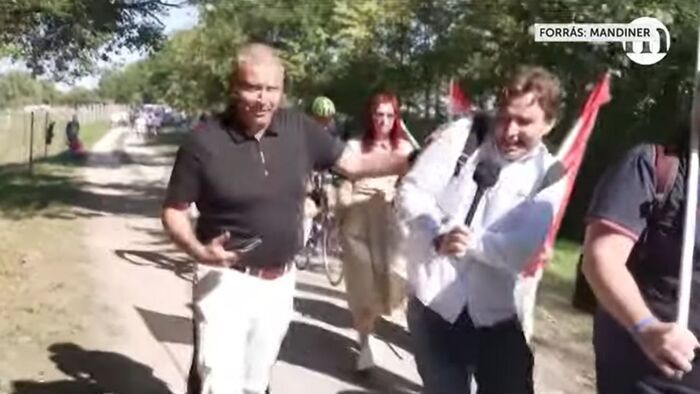In Europe, after the fall of communism, we were freed from Soviet influence. New opportunities and challenges arose for Central European countries. Thirty years ago, barely a year after the historic events, on February 15, 1991 in Visegrád Hungary – where the famous meeting of the Hungarian, Polish and Czech kings occurred in 1335– a new, momentous, unique form of cooperation was born: the Visegrád Group.
The Group, composed of Poland, Hungary, and Czechslovakia (later the independent nations of the Czech Republic and Slovakia) was driven by a dream of regional cooperation and desire to be part of the European family. First, the effects of World War II left their mark, and then the decades-long subjugation of the communist regime were extreme tribulations for Poland. The desire for both mutual support and cooperation eased Poland, Hungary, and the Czech Republic’s entry to NATO in 1999, with Slovakia following soon after. In 2004, the V4 countries became full European Union members, contributing to political growth and stronger, more competitive economies. While Central Europe has fostered supply routes running east to west, we have adopted a strategy integrating the region from north to south. Alone we might have been weak, but together we represent a truly powerful economy on the world map. The Group has evolved over the years. In the first years of its existence, the Visegrád Group was not “systematized” due to its informal nature. This changed in 1999 with the introduction of the rotating presidential system. We are delighted that Poland has the presidency as the Group celebrates our 30 th anniversary.
Today, the strength of the Visegrád Group is reflected in our joint cooperation, our stronger negotiating position within the structure of the EU, the representation of the region’s interests, and the introduction of our strategic goals on the international stage. Together we can accomplish more. As four sovereign states, it is not necessary to agree on everything, however, our geographical proximity, our closely intertwined history, and our mutual societal-economic challenges prove that the span of our joint interests is quite wide. This is evidenced by the regular and active cooperation in numerous sectors such as security, migration, and political cohesion, but also the development of the digital economy and a uniform market.

